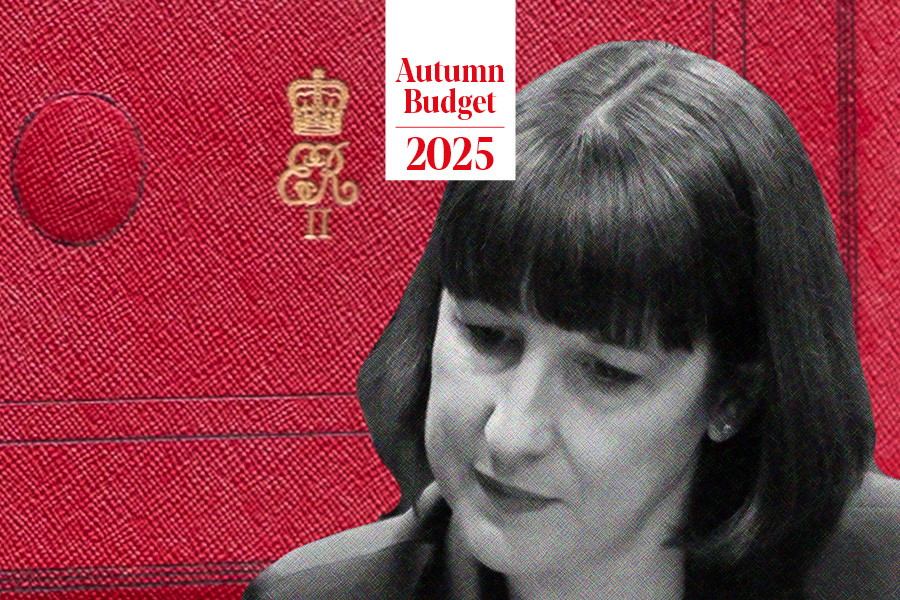Milly Standing
November 26, 2025
Aftermarket & Workshop, Electric Vehicles, Finance & Leasing, Industry & Market News, Lead Story, News
SHARE
In the long-awaited Autumn Budget announcement today, Chancellor Rachel Reeves set out tax reforms and changes to vehicle schemes.
The Chancellor revealed that electric vehicles (EV) will be receiving a pay-per-mile tax of 3p per mile, following a consultation due to take place next year.
Plug-in hybrid electric vehicles (PHEV) will also be charged, but at a lower rate of 1.5p per mile.
Drivers will pay this tax when paying for their Vehicle Excise Duty, after calculating their annual mileage.
Adrian Fielden-Gray, chief operating officer of Be.EV, said: “Tilting the scales back in favour of fossil fuel vehicles by adding extra costs on top of EV usage runs against the grain of both the progress we have made on road electrification and the destination that we need to be driving for.”
In contrast, Shane Pither, EV Expert at Select Car Leasing, said: “Today’s announcement that EV owners will face a 3p per-mile tax from 2028 signals a notable shift in the sustainable transport market, as the Government begins moving revenue focus away from petrol and diesel vehicles.
The budget also projected that VED receipts will rise by £9bn in 2025-26, a 15% rise from 2024-25.
The Government said this increase is due to the rise in vehicle registrations and reforms for VED found in previous budgets.
The Budget document said: “Relative to the March forecast, prior to the impact of measures, receipts are expected to be £0.5 billion higher in 2029-30 due to stronger inyear receipts and registrations data resulting in an increase in the new car sales forecast.”
The Chancellor also announced that the current freeze on fuel duty will remain in place until September 2026, after which it will be re-evaluated.
The combined reliefs continue to cost around £3bn annually, but the Government argues the decision supports households and businesses that remain exposed to high fuel costs.
Simon Williams, head of policy at RAC, said: “Drivers will be relieved the Chancellor has decided to keep the 5p duty cut in place for now as it saves them more than £3 a tank.
“But this relief will be very short-lived given the staggered increase from next September.”
The Budget also featured a removal of ‘luxury’ cars from the current Motability scheme.
The scheme will also receive fewer subsidies. This move was to get the scheme back to helping disabled people get cost-effective leases.
The Government wanted to support the transition to electrification through an extension of the Electric Car Grant into 2030.
Reeves said the Government will add £1.3bn to the scheme.
The revived scheme will offer discounts of up to £3,750 on qualifying models, with a second tier providing a £1,500 contribution for other eligible EVs.
Melanie Lane, CEO of Pod, said: “Increased funding for the Electric Car Grant represents a long-awaited vote of confidence that will deliver growth for the UK.”
The Expensive Car Supplement threshold will be increased to £50,000 for EVs, meaning EVs priced below that threshold will not have to pay VED.
The Office for Budget Responsibility estimated the change to cost £500m in 2030-31.
Following the change, 57% of all EV models will not be liable for the ECS.
Crucial reading for both the franchise and non-franchise UK dealer network with daily emails circulating to senior managers and staff in the UK.
Motor Trade News is owned by Astor Media Ltd.











